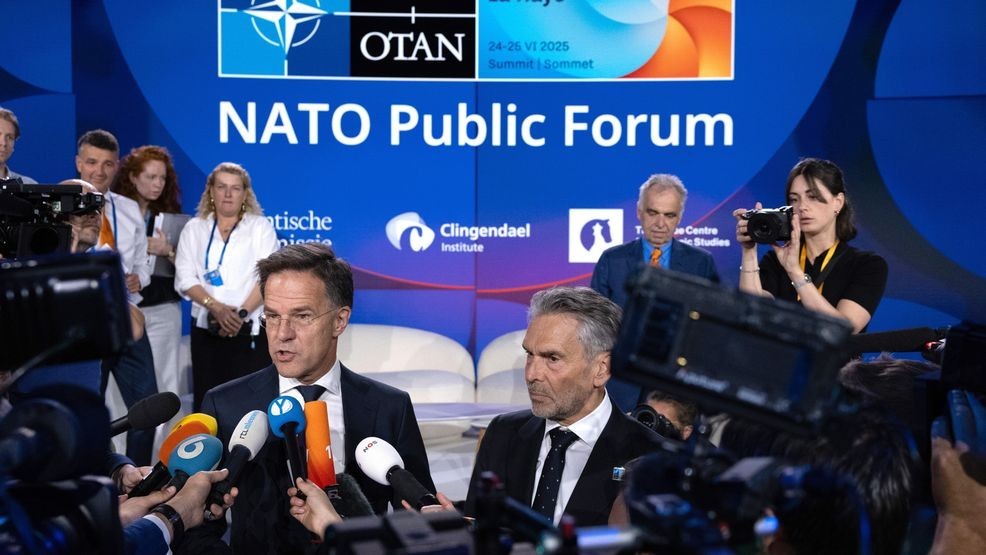WASHINGTON (TNND) — As global attention remains fixed on the conflict between Israel and Iran, concerns are mounting that China might seize the opportunity to make a strategic move towards its interests. For decades, China has been eyeing Taiwan, waiting for the right moment to assert control and “reunify” the island with the mainland.
On Monday, NATO Secretary General Mark Rutte urged the international community to remain alert to China’s actions.
“Please be watchful of what China is doing,” Rutte said. “China, itself, rapidly building up its armed forces to levels we have never ever seen before. So the international security situation has changed dramatically.”
Earlier this month, the Chinese navy conducted unprecedented drills in the Pacific, involving two of its three aircraft carriers. Taiwan’s Vice President, Hsiao Bi-khim, noted that China’s aggressive posture is not limited to Taiwan.
“It’s not only around Taiwan, they are all over the South China Sea, they’re to the north around Japan,” Bi-khim said.
As China flexes its naval might, the ongoing Israel-Iran conflict has prompted the U.S. to move the Nimitz aircraft carrier and strike group from Asia to the Middle East.
Despite its friendly ties with Iran, China has refrained from supporting them, likely due to concerns over the potential closure of the Strait of Hormuz, a critical passage for 20% of the world’s oil supply.
“China is limited,” said Peter Schweizer, president of the Government Accountability Institute. “They certainly don’t want the Strait of Hormuz closed because that’s where they rely on the bulk of their energy. Their oil comes from Iran so what they don’t want is an escalation that leads Israel to strike oil refineries.”
As tensions continue to simmer, Beijing is closely monitoring President Trump’s actions regarding the Israel-Iran situation to better understand Trump’s often unpredictable foreign policy approach. These observations are likely to influence China’s decisions regarding Taiwan.

